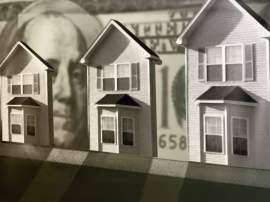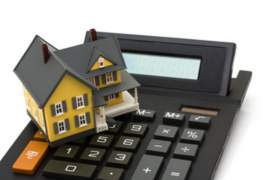
What You Didn't Know About NJ Property Tax

Property tax is a tax that is implemented by a state, within the specific counties or towns, on housing areas. There are various types of property tax that can be implemented; however, the common goal of the taxation boards is to evaluate the land and tax it accordingly.
NJ property tax, like many other locations, is based on the various towns and counties throughout the state of New Jersey. When looking at charts from town to town records of taxes, the NJ Property Tax can vary significantly.
There are different reasons for property taxes varying significantly from one town to the next. Often, the property taxes are dependent upon the type of land that is in the town. Towns with farms, ranches, and various other self-sustaining features can have discrepancies between the residential area and the farming area.
On a year when the residential area workers and the farming area families are both prosperous, the taxes can be manageable for both groupings of individuals. However, if there is a shortage of crops or occurrence of drought, the farming families can have a significant decrease in income, making the tax bracket unfair.
Furthermore, in NJ Property Tax, an evaluation process has to occur every couple of years, because New Jersey is a state in which significant development occurs all the time. When a development is build or a new commercial facility, the entirety of the NJ Property Tax for the specific area has to be re-evaluated; the reason this is necessary is to ensure that both the new residents and the older residents are paying taxes that are contingent with the area, and that they are able to afford.
Furthermore, there are a number of deductions, reimbursements and various other money reducing or refunding opportunities that help to alleviate the overall burden of NJ Property Tax in the long run.
NEXT: What You Must Know About Florida Real Estate Agents





















